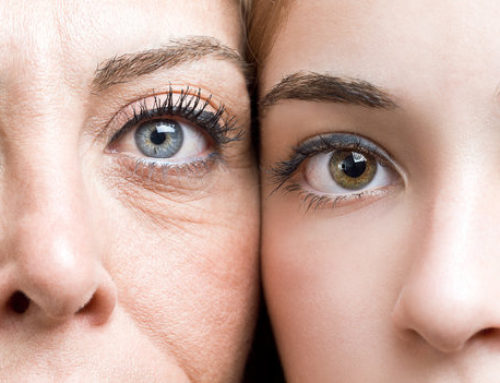
From Yahoo.com, 2/3/16
As we are constantly reminded, we live in an increasingly ‘politically correct’ society. But anyone who suffers from a mental illness or disorder might argue just the opposite: In casual conversation and online, insensitive remarks about mental health abound. Friends, family, passersby seem to feel it’s OK to tell others how to fix the problems that are “all in their heads.”
“I have been told some shocking things from people who were supposedly educated, but stigma always marred those conversations,” Douglas Cootey, who blogs about his depression and ADHD, told Yahoo Health. “I’ve been told that I wasn’t truly suicidal because I stopped myself without needing hospitalization.”
These comments aren’t necessarily made to be mean; often the offenders think they’re being helpful, when they’re doing just the opposite.
“People are accidentally showing: ‘I don’t really see who you are.’ or ‘I don’t understand the depth of your pain or complexity of the problem and what it would take to get over it,’ “ psychologist Karen Cassiday, the managing director of the Anxiety Treatment Center of Greater Chicago, told Yahoo Health. “Because of that, people not only feel invalidated, but they feel kind of rebuffed and belittled, and then less likely to seek social support. That makes it harder to recover.”
With that in mind, we thought we’d provide a little perspective on what those not-so-helpful comments really feel like. Through real-life experience and research on various sites and boards devoted to depression, anxiety, OCD, ADHD, and bipolar disorder, we picked a few of the off-hand remarks often made about these issues. Then we applied them to the physical ailments no one would dream of doubting or dismissing. Warning: This is going to look ugly.
1. Nearsightedness is a conspiracy by the eyeglasses industry!
This sort of thing is often said to people with ADHD, as if the fact that medication exists to help the disorder completely negates the struggles of those who have it. Stop wearing those eyeglasses and contacts, everyone, or Big Lenses win.
2. Why don’t you just grow back that amputated limb?
Anyone with depression or anxiety has heard time and again that they should “just stop worrying” or “cheer up.” They really would if it were that easy. “The problem is, those kinds of comments usually work well for everyday life problems,” Cassiday says. “But when you have a diagnosable mental health condition, it usually takes quite a bit more to help someone get over it.”
3. You don’t have cancer. That’s just an excuse for your laziness.
No one would dream of saying this to an actual cancer patient. But to someone with a mood disorder keeping them down? Not such taboo.
4. Kids in France don’t get the flu. Their parents just know how to raise them properly.
Yes, cultural norms vary widely in this world. That doesn’t mean that an American kid with ADHD is not having a hard time in school right now. “The comment that took the cake was when my next-door neighbor, who was an elementary school teacher, told me that ADHD was an excuse that people used to get out of doing homework,” said Cootey, who began his blog 11 years ago in part to train himself how to respond to ignorant comments.
5. People really need to stop using crutches as a crutch and learn to walk on their own.
Used correctly, under a doctor’s supervision, medication is a tool, just like any other. And yet, there are so many people without medical degrees who dish out opinions about medication. “I’ve been told that my depression is not real because I manage it without meds,” Cootey said.
6. These meetings are so awful; I get a brain tumor every time I see the invite on my calendar.
People love to allude to PTSD casually, as if it’s not something that takes lives.
7. Quit watching movies about tuberculosis all the time and you won’t have that lung infection.
Nope, watching sad movies does not cause depression.
8. We all have just a little bit of flesh-eating bacteria, don’t we?
Mentioning your love of organizing does not actually make someone with debilitating OCD feel better.
9. I bet if you got out more, that smallpox would clear right up.
Fresh air is nice, and proven to be good for you. For some reason, it has not been found to cure most diseases on its own.
10. Concussions are so over-diagnosed these days. You’re probably fine.
Again, just because you hear a lot about something like autism or trauma in the news, does not make you an expert. There are experts for that.
“When someone has meant well but been clumsy [with their comments on mental health], they’re usually trying too quickly to get you to fix it, or feel happy about it or hopeful,” Cassiday said. She offered this advice to those listening to someone share their mental health woes: “Your job is just to commiserate. … It’s just to simply acknowledge, ‘Yes this is really hard, and I’m sad, too, that you’re going through this, and I wish it were better.’ “





